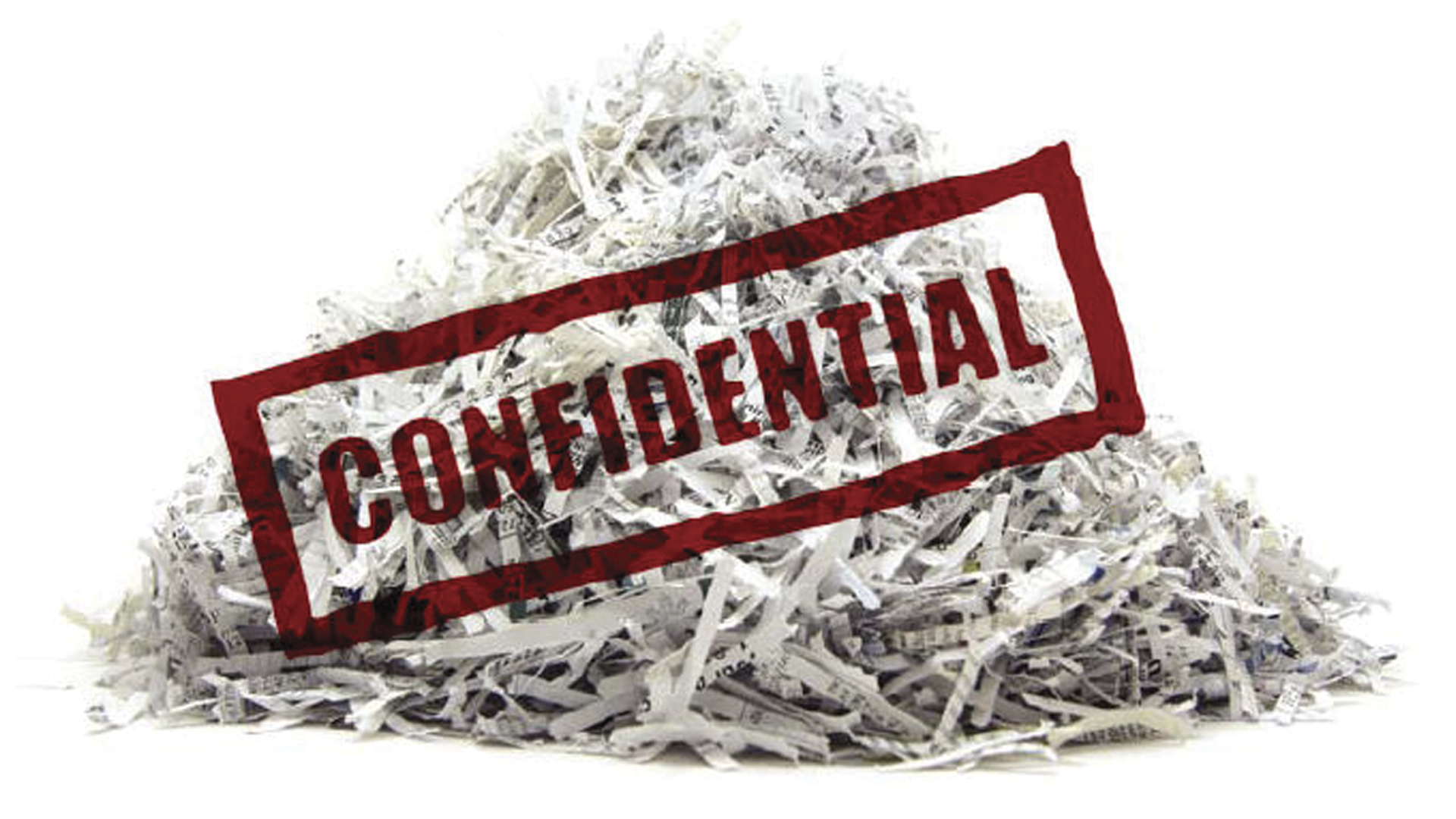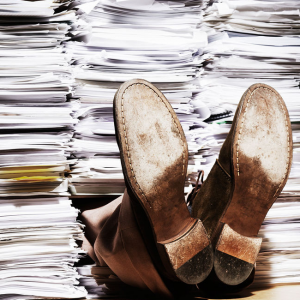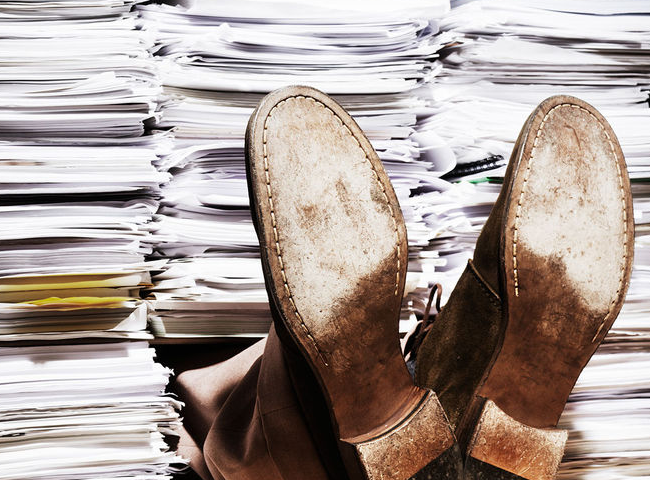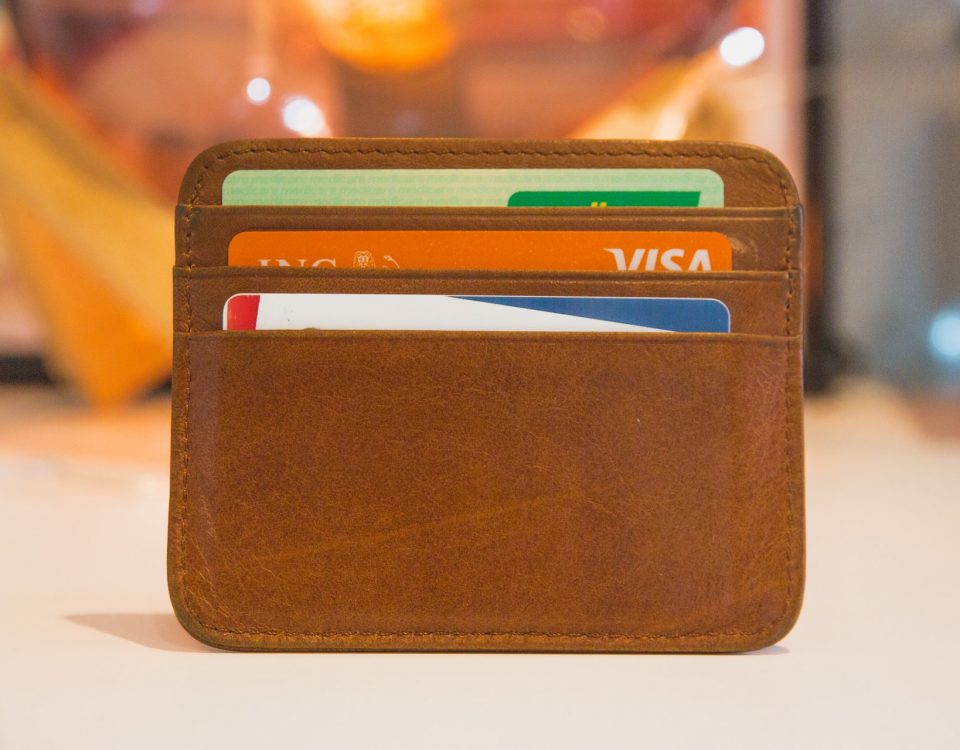
Your Credit Score Survival Guide
January 3, 2017
IDENTITY THEFT – The Importance of Shredding Documents
March 23, 2017 If your New Year’s resolution involves downsizing your ever-growing pile of financial documents, you’ve come to the right blog! It pretty much boils down to this: knowing what to keep and how long to keep it. Here’s the meat and potatoes of it:
If your New Year’s resolution involves downsizing your ever-growing pile of financial documents, you’ve come to the right blog! It pretty much boils down to this: knowing what to keep and how long to keep it. Here’s the meat and potatoes of it:
KEEP FOREVER
Keep in a secure place. A fire-proof safe or safe deposit box at TVACCU. Also, scan these documents and have them backed up on a cloud, in the case of emergency.
· Birth & death certificates
· Social Security Cards & ID Cards
· Passports
· Marriage licenses & divorce decrees
· Copies of wills, trusts & powers of attorney
· Adoption papers
· Records of paid mortgages
· Safe-deposit box inventory
KEEP FOR 7 YEARS
This list includes income tax returns and all supporting documents, as well as a few others. Seven years is how far back the IRS can go to audit a tax return. Each year, a number of taxpayers are audited on a random basis, so everyone should be prepared with the necessary documentation.
· Income tax returns
· Any forms or receipts that support income or deductions (e.g., receipts, canceled checks, W-2 forms)
· Records of selling a house or stock (capital gains tax info)
· Records of paid-out loans
· Records of sold investments
· Mortgage documents
· Medical records (bills, prescriptions & health insurance info)
KEEP FOR 1 YEAR
This category mostly consists of monthly statements. It’s always good to keep your monthly statements for the current year, and then shred them once you’ve reconciled them with an annual statement. The exception to this would be any statement needed for tax purposes, which are of course in the 7-year category.
· Bank statements
· Pay stubs
· Quarterly investment statements
· Cancelled checks
KEEP FOR 45 DAYS
Shred credit card statements, except those that you may need for business or tax purposes, such as proof of purchase or insurance.
· Credit card statements
KEEP FOR 30 DAYS OR LESS
Discard ATM statements when you’ve reconciled them with your bank statement. Utility and phone bills can be shredded after payment unless they are a tax deductible expense.
· ATM slips
· Utility & phone bills
KEEP AS LONG AS ACTIVE
This is a catch-all category for agreements and contracts that are active for varying amounts of time. Keep these records as long as you have the asset. For major purchases, keep all pertinent information together such as; purchase receipt and warranty information. Documents relating to improvements and upgrades on your home or vehicle should be saved with of your title and loan papers.
· Warranty information
· Insurance documents
· Vehicle titles & loan documents
· House & mortgage documents
· Pension records/retirement plans



